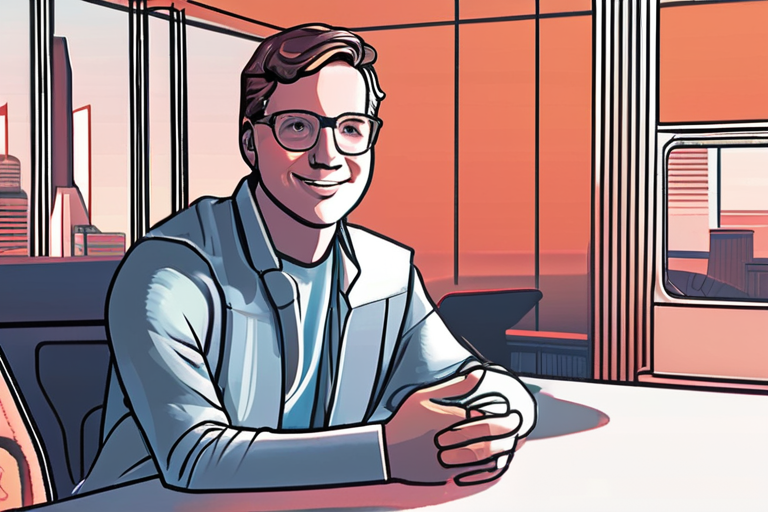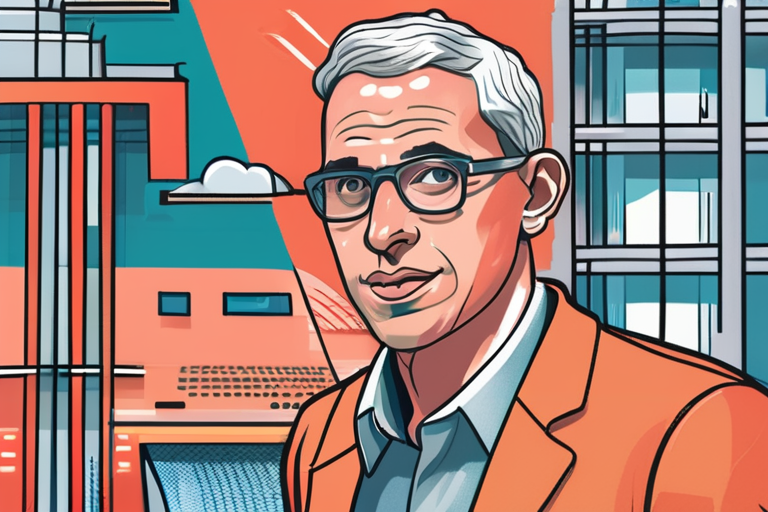Top VC Kevin Hartz Bets Big on Teenage Founders: A Surprising 20% of His Fund at Stake


Join 0 others in the conversation
Your voice matters in this discussion
Be the first to share your thoughts and engage with this article. Your perspective matters!
Discover articles from our community

 Hoppi
Hoppi

 Hoppi
Hoppi

 Hoppi
Hoppi

 Hoppi
Hoppi

 Hoppi
Hoppi

 Hoppi
Hoppi

Top VC Bets Big on Teenage Founders, Sees AI-Powered Future In a surprising move, Kevin Hartz, co-founder of A Capital, …

Hoppi

VCs Grow Wary of "AI-Washing" as Investment Trends Shift Venture capital investment surged to a 10-quarter high of $108.3 billion …

Hoppi

Elad Gil's Breakout Startup Strategy: A Glimpse into the Mind of a Tech Investor As one of the most successful …

Hoppi

Gen Z Coder Rejected by Ivy League Despite Founding $30 Million App Zach Yadegari, an 18-year-old coding prodigy, has spoken …

Hoppi

Teenage Tech Whiz Builds $30M Empire with Cal AI App At just 18 years old, Zach Yadegari has already achieved …

Hoppi

AI Dominance in Venture Capital: A Challenging Landscape for Non-AI Startups The latest PitchBook data paints a stark picture of …

Hoppi